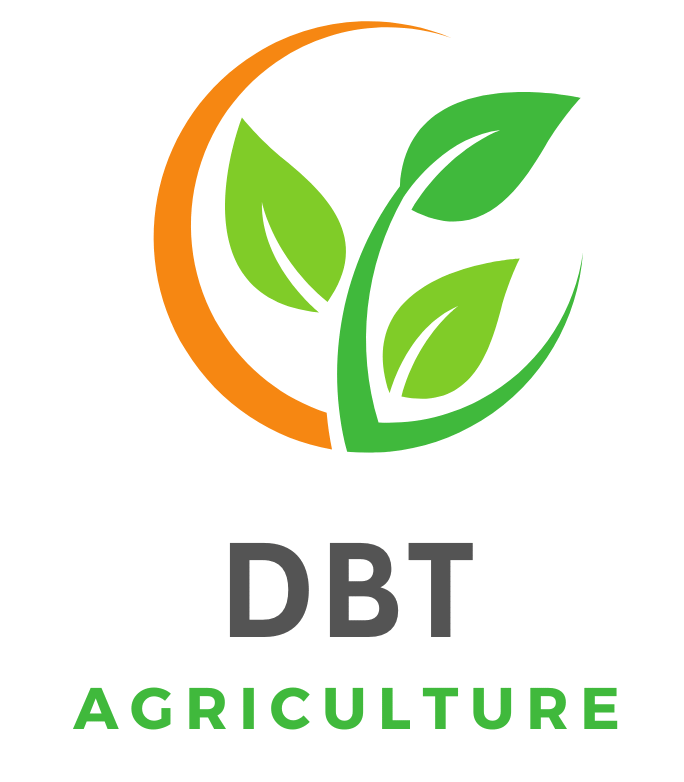Managing tax obligations efficiently is crucial for every business owner seeking to maximize profitability and ensure compliance with regulations. Effective tax strategies can lead to significant savings, enhancing overall financial health. This comprehensive guide explores essential tax strategies for business owners, providing actionable insights to optimize tax outcomes.
Understanding Your Tax Obligations
Before delving into specific strategies, it is imperative to have a clear understanding of your business’s tax obligations. This includes federal, state, and local taxes, as well as any industry-specific regulations. Ensuring compliance with these requirements helps avoid penalties and fosters smooth financial operations.
Federal Tax Requirements
Business owners must navigate various federal tax obligations, including income tax, self-employment tax, and payroll taxes. Understanding these requirements is the first step in formulating effective tax strategies.
State and Local Taxes
In addition to federal taxes, state and local taxes can vary significantly based on your business’s location. These may include sales tax, property tax, and franchise tax. Staying informed about local tax regulations is essential for comprehensive tax planning.
Choosing the Right Business Structure
The choice of business structure significantly impacts your tax liabilities. Each structure comes with distinct tax implications. Here’s a breakdown of common business structures:
Sole Proprietorship
A sole proprietorship is the simplest business structure, but it offers no separation between personal and business assets. This can lead to personal liability for business debts and tax obligations.
Partnership
Partnerships involve two or more individuals sharing profits and losses. Taxes are typically passed through to individual partners, requiring careful tax planning to manage personal tax liabilities.
Limited Liability Company (LLC)
An LLC provides a blend of flexibility and liability protection. For tax purposes, an LLC can choose to be taxed as a sole proprietorship, partnership, or corporation, allowing for strategic tax planning.
Corporation
Corporations offer robust liability protection and may benefit from certain tax advantages. They are taxed separately from their owners, which can result in lower tax rates on retained earnings.
Maximizing Deductions and Credits
Tax deductions and credits can significantly reduce your taxable income. Identifying and utilizing all available deductions and credits is a key component of tax strategy.
Business Expense Deductions
Business expenses such as office supplies, rent, utilities, and travel are generally deductible. Keeping detailed records of these expenses is crucial for maximizing deductions.
Depreciation
Depreciation allows businesses to deduct the cost of tangible assets over their useful life. Utilizing Section 179 and bonus depreciation can further enhance your ability to claim substantial deductions.
Tax Credits
Tax credits directly reduce your tax liability. Examples include the Research and Development (R&D) Tax Credit and Energy Efficiency Tax Credits. Identifying applicable credits can provide significant tax savings.
Implementing Tax-Advantaged Retirement Plans
Retirement plans can offer tax benefits for both business owners and employees. Consider the following options:
401(k) Plans
401(k) plans allow employees to contribute a portion of their salary on a tax-deferred basis. Employers can also make matching contributions, which are tax-deductible.
Simplified Employee Pension (SEP) IRA
A SEP IRA is a flexible retirement plan that allows higher contribution limits than traditional IRAs. Contributions are tax-deductible, and the plan is relatively easy to set up and maintain.
Profit Sharing Plans
Profit-sharing plans enable businesses to contribute a portion of their profits to employees’ retirement accounts. Contributions are tax-deductible and can be adjusted based on business performance.
Effective Tax Planning Strategies
Strategic tax planning is essential for minimizing liabilities and optimizing financial outcomes. Here are some advanced strategies to consider:
Income Shifting
Income shifting involves redistributing income among family members or entities in lower tax brackets to reduce overall tax liability. This strategy requires careful planning to comply with IRS regulations.
Timing Income and Expenses
Timing can impact your tax liability. Accelerating expenses or deferring income can help manage tax brackets and optimize deductions. Consider the timing of large purchases or investments to align with your tax strategy.
Utilizing Tax Losses
Tax loss harvesting involves selling investments at a loss to offset capital gains. This strategy can reduce taxable income and create opportunities for future tax benefits.
Maintaining Accurate Records
Accurate and organized record-keeping is fundamental for effective tax management. Comprehensive records support deduction claims, facilitate accurate tax filings, and provide essential documentation in case of an audit.
Implementing Robust Accounting Systems
Investing in a reliable accounting system or software helps streamline record-keeping and financial management. Automation reduces errors and ensures up-to-date information for tax planning.
Regular Financial Reviews
Conducting regular financial reviews with a tax professional ensures that your tax strategy remains effective and compliant with evolving regulations. Periodic assessments help identify opportunities for optimization and adjustment.
Consulting with Tax Professionals
Working with experienced tax professionals is invaluable for navigating complex tax regulations and developing tailored strategies. A tax advisor can provide insights into advanced strategies, help with compliance, and offer personalized advice based on your business’s unique needs.
Conclusion
Navigating tax strategies effectively requires a comprehensive approach, encompassing an understanding of tax obligations, selecting the right business structure, maximizing deductions and credits, implementing tax-advantaged retirement plans, and employing advanced tax planning techniques. By maintaining accurate records and consulting with tax professionals, business owners can optimize their tax outcomes and enhance overall financial health.
